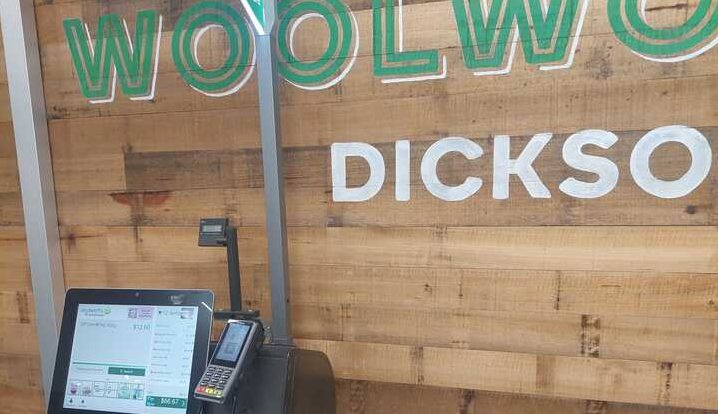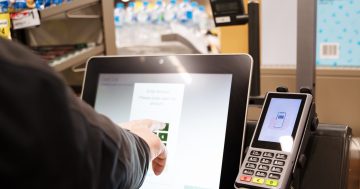
Could self-serve checkouts soon go the way of the dodo? Photo: David Murtagh.
Year in Review: Region is revisiting some of the best Opinion articles of 2023. Here’s what got you talking, got you angry and got you thinking this year. Today, Zoya Patel shares her thoughts on self-serve checkouts.
When self-service checkouts were first introduced to supermarkets and department stores, I resisted them.
My objections were primarily from an industrial rights and job security perspective – where would the jobs of cashiers go? If we keep reducing service and retail jobs, what will happen to the workforce that relies on them? I had a particular interest because my mum worked as a supermarket cashier for our early years in Australia, and I know what a godsend that job was.
But over time, much like how we’ve adapted to the gig economy and other workforce disruptions, I grew accustomed to the self-checkout, and indeed, I even started preferring it.
Now, a UK supermarket chain is removing self-checkouts for a better customer experience, and it’s made me think about how I would feel if Coles and Woollies suddenly made the same decision.
My love of the self-checkout is purely down to efficiency. I like being able to scan my own items, pay, and get out of there without further interactions – especially if I’m shopping at Dickson Woollies, where every extra second spent in store feels like sensory overload. I’m not big on chit-chat; getting in and out without talking to someone appeals to me.
However, my local shops are small and don’t have self-checkouts, and I probably stop in two or three times a week to grab essentials as we run out. The other day, while conversing with the cashier, I realised that my anti-social love of self-checkouts also serves as a way to isolate myself from the community around me.
This particular cashier was a ray of sunshine. She seems to remember every single customer, always has something nice to say and is cheerful in a way that actually baffles me (how does she do it? I can barely stay cheerful for more than one day at a time). We chatted away while she scanned my groceries, and I left feeling surprisingly light and happy.
Of course, I thought to myself, human contact is actually a good thing the majority of the time and the more we automate and make things contactless, the less incidental human connection we have. I didn’t realise it was missing until I had a healthy dose of inconsequential conversation and remembered how nice it is to interact for no reason.
There are days when I walk into that shop hoping that the cashier will process my items with the bare minimum conversation and days when the last thing I want to do is to make polite chit-chat when I’m actually stressed or feeling rushed by other things I need to be doing or thinking about. But the reality is that engaging with another person is always going to be more positive and meaningful than tapping on another screen, regardless of the efficiency.
Perhaps, in this case, and in other instances of digital disruption, we have to go backward to find our way forward.


















